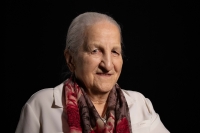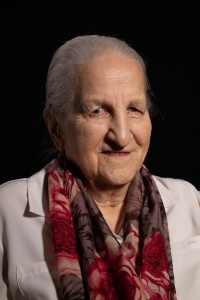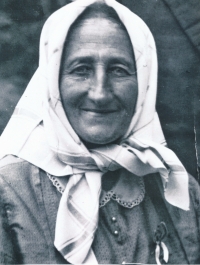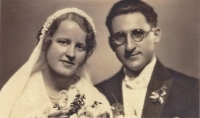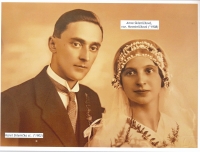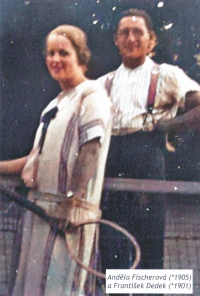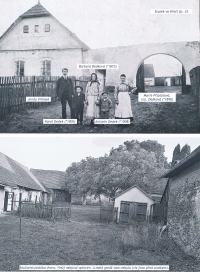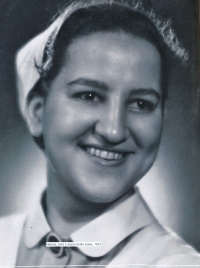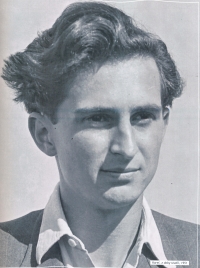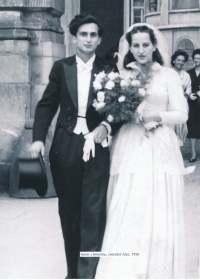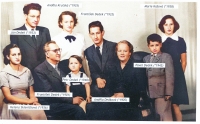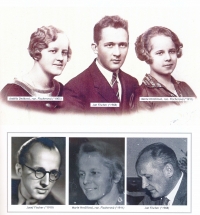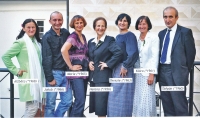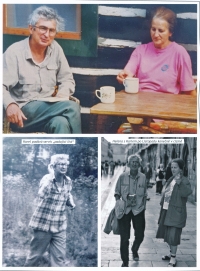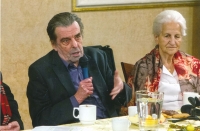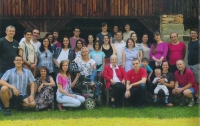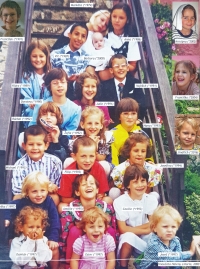We changed from war totalitarianism directly to communist totalitarianism
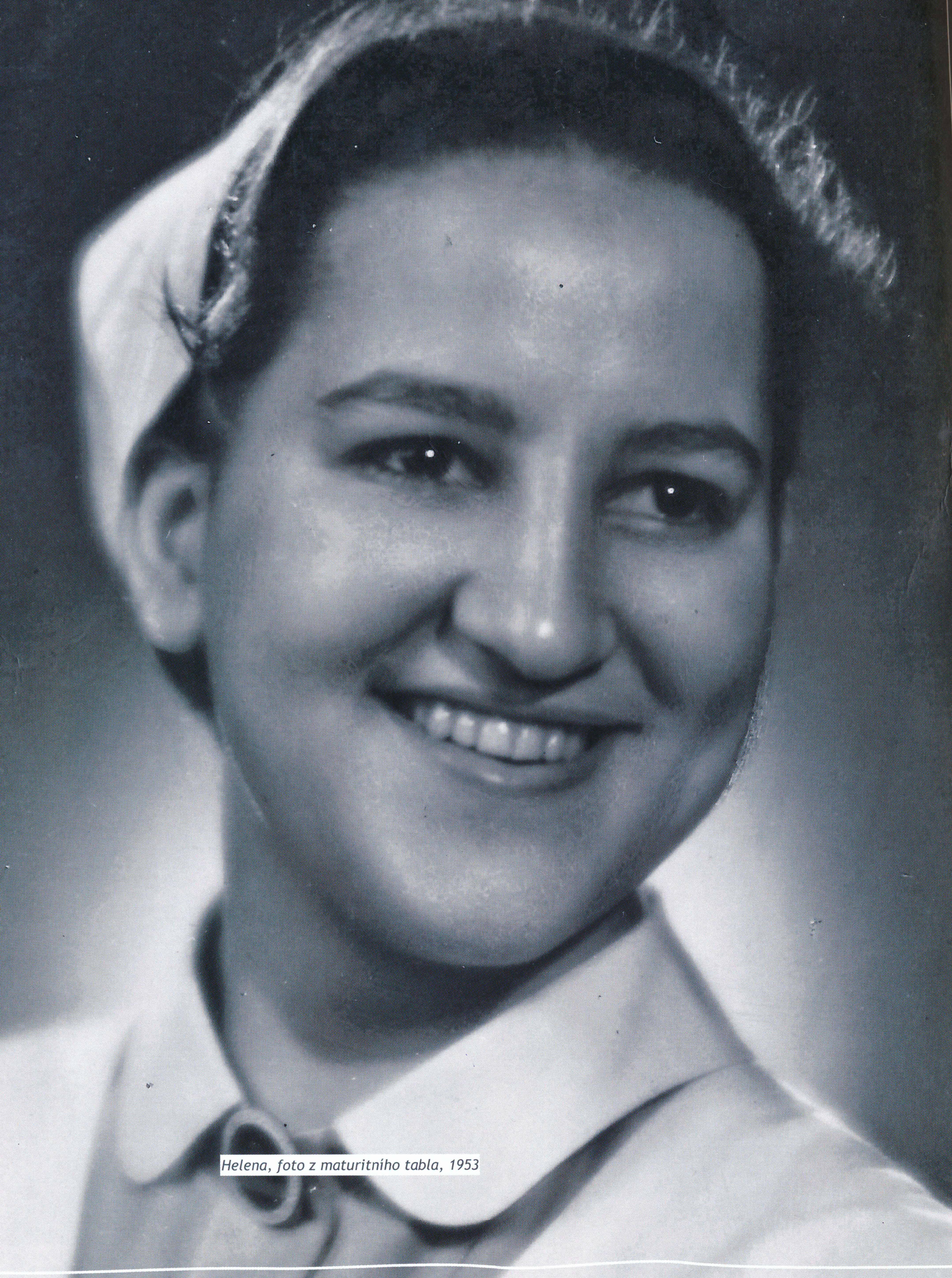
Download image
Helena Skleničková was born on 19 June 1936 to a married couple Anděla Dedková and František Dedek as the third child of seven children. Her mother was a Doctor of Philosophy and came from a well-situated family. Her father had a house built for the young family and Helena’s father had a dental office there. Her mother later helped him there. Her calm childhood was soon terminated by the war and victorious February. It meant the end of dad´s private dental office, problems for children concerning their studies, and also financial problems. Helena was supposed to start working directly in production like her brothers but “thanks to” an eye injury, her father managed to negotiate an opportunity for her to enter medical school. After the secondary school leaving exam, she shortly worked in health care, and later she graduated in Psychology at the Faculty of Arts of Charles University. However, she never worked in the field. After a wedding to music composer Karel Sklenička, she took care of her big family with six children and helped her husband to transcribe notes. She later worked as a notographer in Czech Music Fund. The life of the Sklenička couple was spiritually, intellectually, and therefore socially rich. However, during normalisation, it also involved continual supervision of the State Security; Karel Sklenička was repeatedly interrogated and it eventually affected his health. Nevertheless, the values that the married couple furthered, are carried on by their children and grandchildren; the musical tradition continues in the family. All these things make Helena Skleničková happy. She lived in Prague at the time of recording in 2022.
